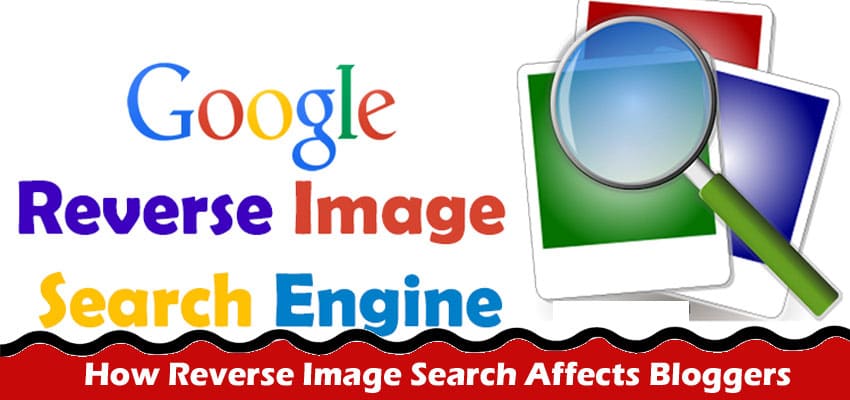Keeping a blog for personal and professional purposes is all the rage now, but several considerations should be considered.
It’s likely that you’ve seen countless blog entries with the title:
- What is blogging?
- How does one get started as a blogger?
- Who exactly is a guest blogger?
The reason I’ve decided to write this post is to bring attention to the critical nature of the issue of a Similar image search for bloggers, which is often overlooked.
If you stumbled over this piece, you are probably a blogger or considering starting a blog. In light of this, you should anticipate the inevitability of repeatedly requiring identical photos for a given image. Just typing it into Google won’t return the expected results. Here’s when your saviors, the Image lookup google tool, come in. While I go into depth on reverse image search and how it affects blogging, I want to share with you the top reverse image search engine currently accessible online.
For the benefit of the uninitiated, let me briefly and simply explain what a reverse image search is. It’s when you take an already-existing picture and plug it into a search engine to find other pictures that look like it, along with links to where you can find them.
What Is An Image Lookup Google Tool?
You presumably already know how to do a Google image search if you have access to the internet. When you search for a specific term, up pop a plethora of related images.
Did you know you can also “search by image” or upload an image straight into the search bar? In the end, you’ll know which sites featured the photograph.
There are many scenarios in which a blogger would need access to comparable images. The most important ones are:
1. Enhanced clarity of images
Let’s pretend you’re a blogger and want to share a photo. The image you’ve chosen to accompany your blog article is beautiful in concept, but its low resolution makes it difficult to see. So, how do you spend your time? For this purpose, one can use an Image lookup google tool. If you use this image in a search, you’ll get relevant results and links directly to this picture. If you care about resolution, pick the highest one available. As a blogger, you will find https://www.reverseimage.net/ to be an absolute godsend because it will allow you to search for an identical image in a variety of sizes.
2. Find image sources
There is a photo on the internet that is a perfect match for your post, and this happens to be yet another possibility. You’d like to use it, but you have no idea who owns it; doing so without their permission would be plagiarism. How can the rightful owner be located? To solve this problem, you use an Image lookup google tool. It will locate the original image source and provide a link to it in the search results. The next step is to get in touch with the image’s creator and request permission to use the image.
3. Protect photo copyrights
You can use reverse image search to check if your hard-earned photographs are being utilized elsewhere online without your knowledge or permission or to find out where they originated from. If so, you’ve likely been the victim of plagiarism, which can have dire implications for the offender. If you can identify the offender and contact him, you can discuss the matter further or pursue legal action as you see fit. In a nutshell, the reverse image search tool protects you from unlicensed use of your images by checking for appropriate attribution.
4. Keep tabs on blog commenters
Let’s pretend there’s a guest blogger who appears everywhere at once, writing about every topic of the moment. He’s so good that any site owner worth their salt would do well to seek him out and invite him to contribute as a guest blogger. The pressing issue is how to locate him.
Oh, and I have a thought. You can do an Image lookup google by saving a copy of his profile photo from the blog article and uploading it. You’ll be linked to every blog he’s ever written for and likely to his entire professional sphere. Get in touch with him, and recruit him to your group.
The most efficient method of promoting one’s company is through blog posts. Whether for yourself or your business, branding is essential. Any blogger can rest assured that they will find the most relevant results using reverse image search.
1- Automated Bulk Uploading of Images and Metadata to Flickr
Received 07 Jun 2010, Accepted 12 Jul 2010, Published online: 03 Dec 2010
2- Comparison of the mirror image source method and the sound particle simulation method
Received 15 May 1989, Revised 1 September 1989, Accepted 18 September 1989, Available online 24 February 2003.
3- Terminating Piracy or Legitimate Seed Saving? The Use of Copy-Protection Technology in Seeds
Published online: 03 Jun 2010


